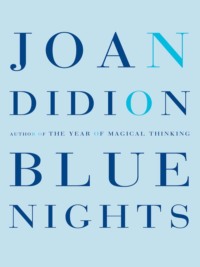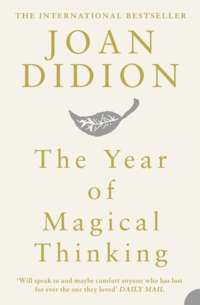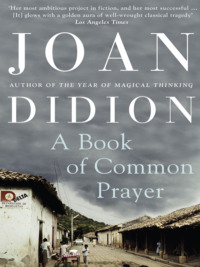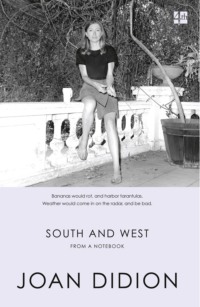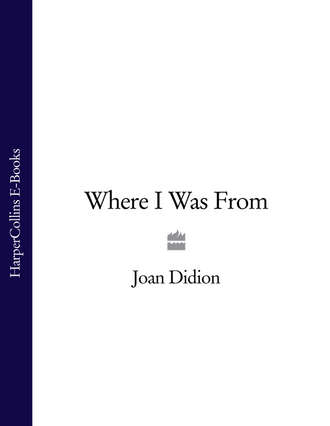
Полная версия
Where I Was From
This is well known, yet remains an elusive point for many Californians, particularly those with a psychic investment in one or another heightened version of the founding period. The heroine of Jack London’s The Valley of the Moon, Saxon Brown, when hard times and union troubles come to Oakland, finds herself “dreaming of the arcadian days of her people, when they had not lived in cities nor been vexed with labor unions and employers’ associations. She would remember the old people’s tales of self-sufficingness, when they shot or raised their own meat, grew their own vegetables, were their own blacksmiths and carpenters, made their own shoes—yes, and spun the cloth of the clothes they wore.… A farmer’s life must be fine, she thought. Why was it that people had to live in cities? Why had times changed?” In fact almost no one in California speaks of “farmers,” in the sense the word is used in the rest of the country, and yet this persistent suggestion of constructive husbandry continues to cloud the retrospect. What amounted to the subsidized monopolization of California tends to be reinvented either as “settlement” (the settlers came, the desert bloomed) or, even more ideally, as a kind of foresighted commitment on the part of the acquisitors, a dedication to living at one with both the elemental wilderness and an improved patrician past.
Конец ознакомительного фрагмента.
Текст предоставлен ООО «ЛитРес».
Прочитайте эту книгу целиком, купив полную легальную версию на ЛитРес.
Безопасно оплатить книгу можно банковской картой Visa, MasterCard, Maestro, со счета мобильного телефона, с платежного терминала, в салоне МТС или Связной, через PayPal, WebMoney, Яндекс.Деньги, QIWI Кошелек, бонусными картами или другим удобным Вам способом.


